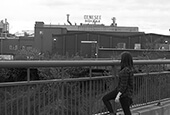Rana Sulieman
On a Thursday at Joe Bean
Interview No. 199
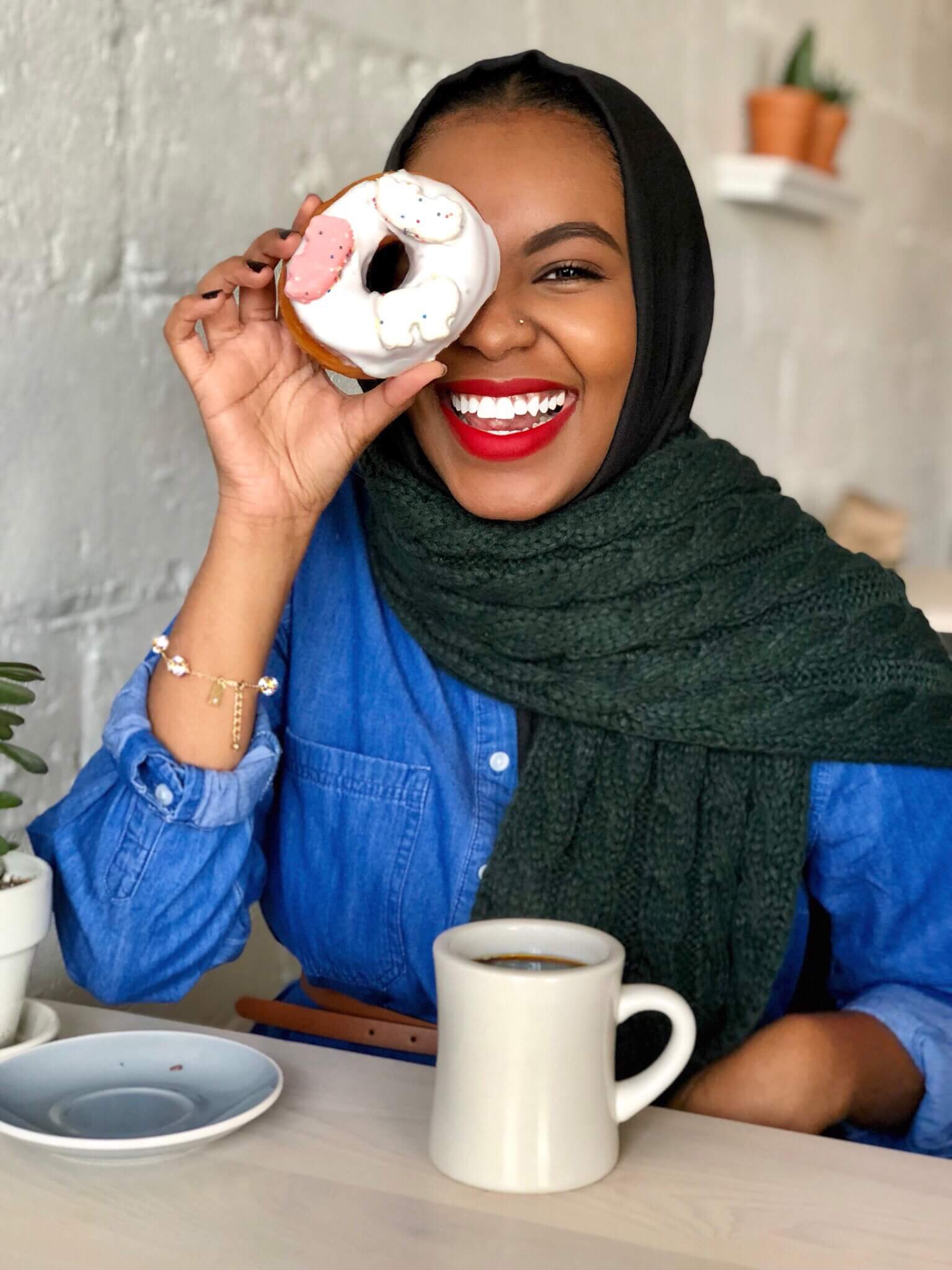

Interview by Emily Hessney Lynch.
Published September 20, 2019.
Where are you from? How did you end up in Rochester?
Originally, I grew up in Toronto; my parents immigrated there from Sudan. I was born there, and moved when I was really young. We moved to Rochester just before my freshman year of high school; I attended Rush Henrietta. I attended Cornell afterwards, majoring in nutrition and minoring in Global Health & Inequality Studies.
Now, I work in healthcare at Strong. I’m a medical scribe, and my specific focus is working with refugee communities, helping them interpret and fill out forms. Working with kids is my favorite part.
What were some of your first impressions of Rochester?
Initially, I felt a bit of culture shock. Toronto is very diverse, and Rochester is a little more segregated than I expected. I felt like I stuck out more, when I had never felt like that in Toronto. Eventually, I got used to it. It forced me to take initiative in meeting new people and interacting with different types of communities. It helped me get to know Rochester a lot faster.
What brought you back to Rochester after college?
After going to university, I wanted to apply what I learned to the community to help however I can.
What is your favorite part of living in Rochester?
I’ve had the opportunity to visit a lot of cities, and I’ve noticed that Rochesterians are very prideful. We have a lot of our own things, like restaurants, local businesses, and festivals. For a city its size, I think it’s pretty impressive. I’ve been to larger cities that don’t do it like Rochester does.
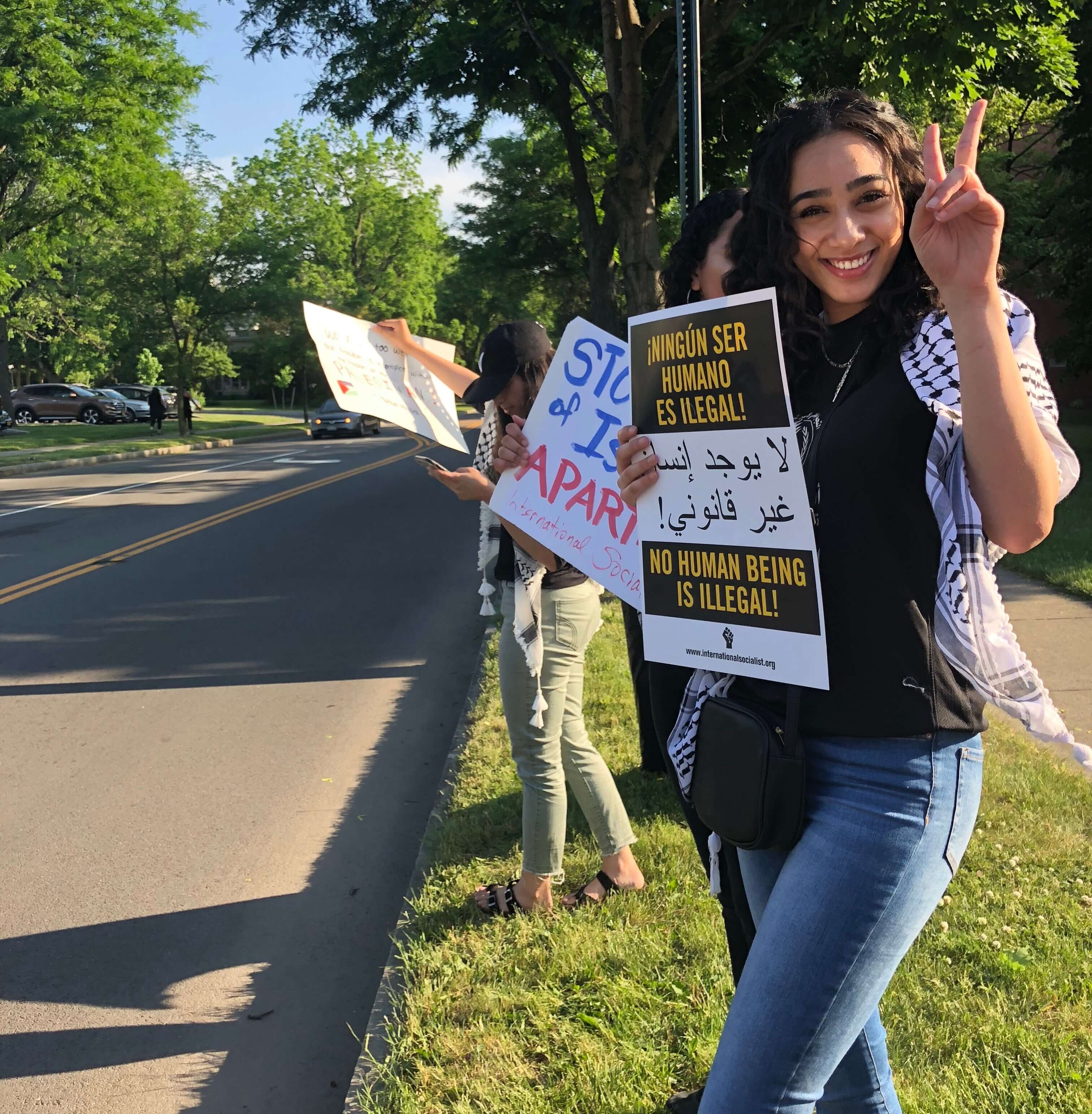

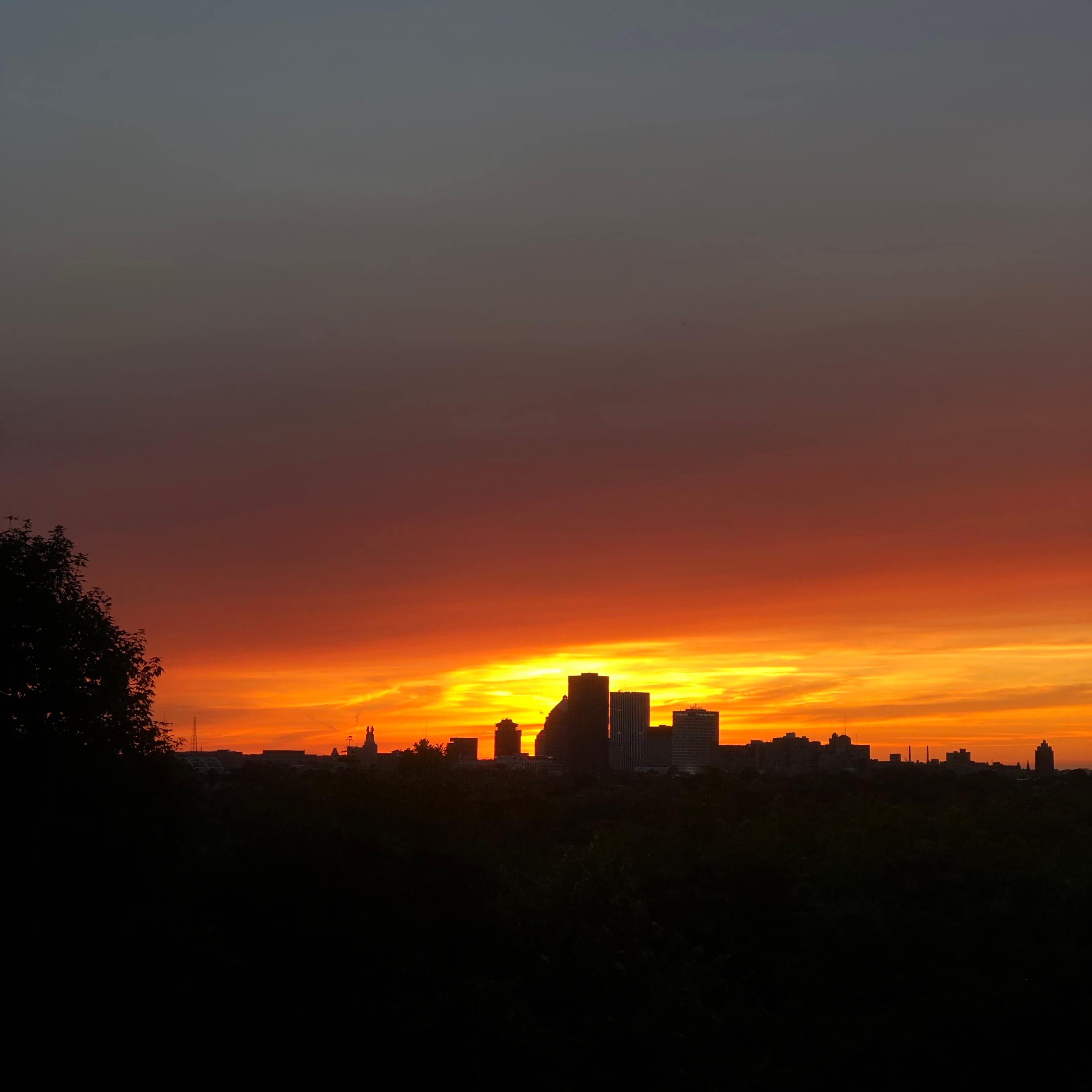

What are some of your favorite local nonprofits to support?
I work with refugees a lot. I used to volunteer for Mary’s Place- a nonprofit refugee outreach center. I’m also pretty involved with Muslim community here. Barakah Charity is another good one; they do a lot of food drives. Food insecurity is something that’s interesting to me. Rochester has a huge issue with it, particularly since we’re so segregated in a lot of areas. I’ve volunteered with Foodlink in the past. Activism for me is really important; I try to venture out and work with different types of organizations.
If you had $100 to spend and two hours to kill in Rochester, how would you spend the time/money?
I would do a donut tour of Rochester. We have a lot of really cool donut places. I love Boxcar donuts, and Misfit Donuts.
What's the best place to get a garbage plate?
I’m more of a poutine girl. The poutine options here don’t quite match Canadian poutine.
What's one memory that captures a perfect Rochester moment for you?
Something that reminds me of high school- I used to go to canal a lot. It has a nice place in my heart. Going down to Pittsford Dairy to get ice cream, especially during sunset in the summertime- that’s my quintessential Rochester experience. When I have friends coming in from out of town, I take them to the canal. It’s relaxing.
What makes Rochester unique?
There’s a lot of local culture. There are so many different types of restaurants and cultural groups that are able to coexist. It’s really beautiful and pretty unique. There’s lots of things we can call our own, we’re proud of it, and it’s a good thing.
What could be improved about Rochester?
Food insecurity is a big issue, and bridging the gap between communities. Certain parts of the city have been stigmatized; it’s something that Rochester has been dealing with for a long time. And it’s something the community in general needs to work on, not just lawmakers. We tend to assume everyone is on the same level, but that’s not the case. There’s a lot of crime in different communities, and it drives from a lot of different institutional issues. It gives Rochester a bad reputation that I think could be fixable if people actually looked deeper at the underlying issues.
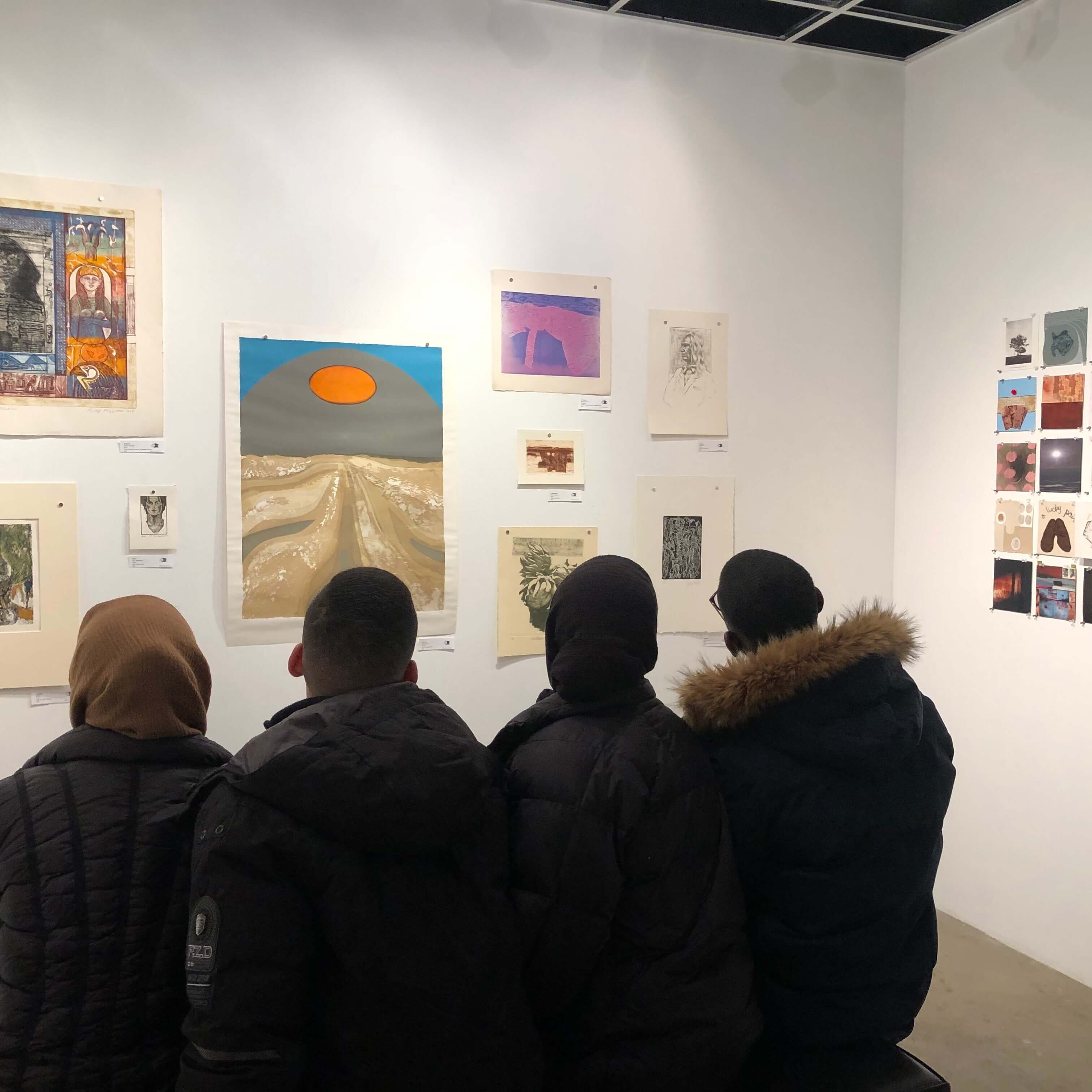

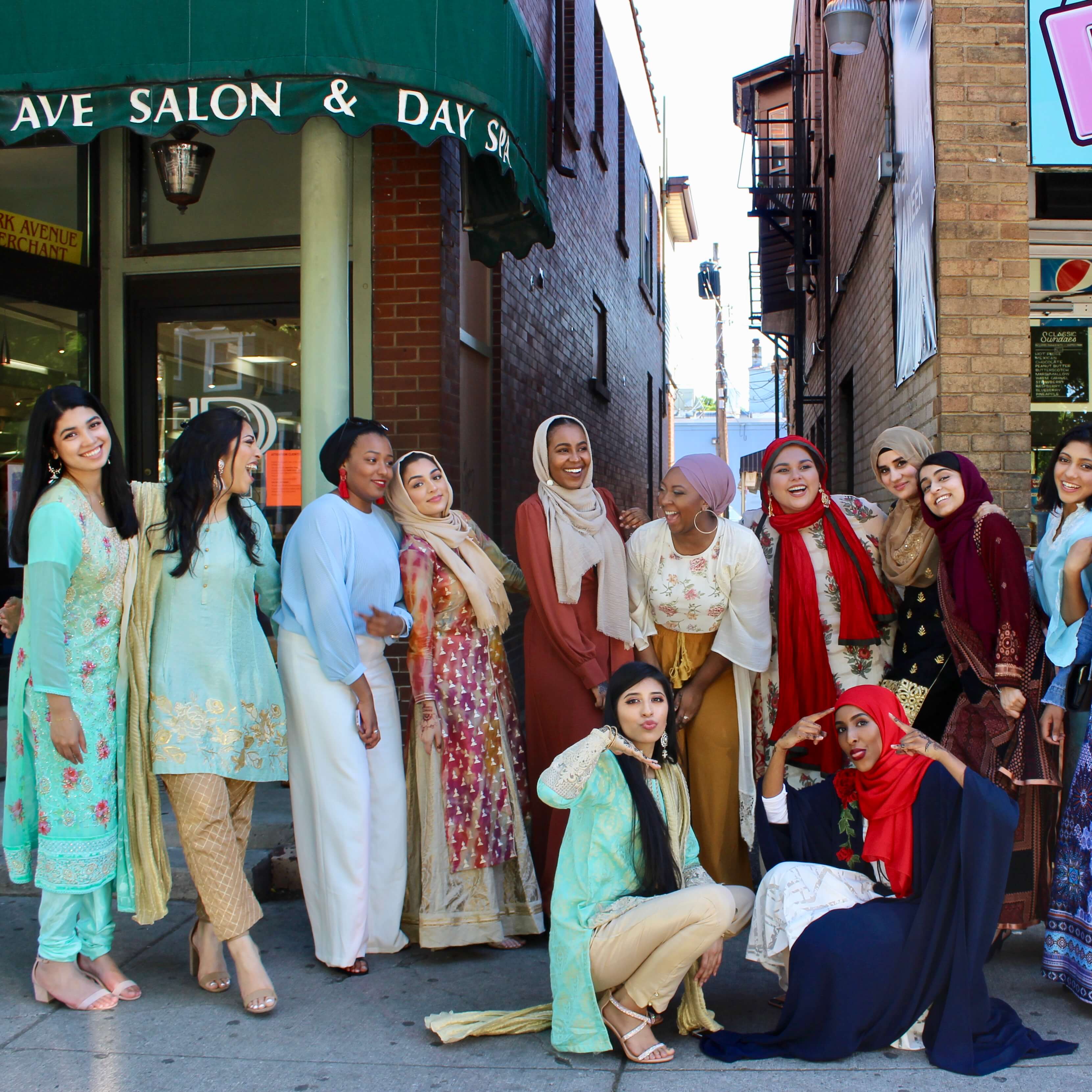

Tell me a little bit about your involvement in the community.
A few months ago, we hosted a protest at the Liberty Pole for Sudan. There’s a revolution going on there, and we created an awareness group. It means a lot to me since my family is from there. We had about 50-60 people attend the protest.
Right now, I’m working with a couple of other people to create a nonprofit that focuses on professional development for young Black Muslim youth. We just launched, and it’s called ELIAS. We are living at an intersectionality of a lot of things a lot of people don’t understand, and people could benefit from having mentors. A big focus we’re trying to have is mental health. A lot of people don’t talk about it. We’ll offer resume workshops, different talks from professionals in the community, and more. We’re aiming to foster some kind of community connection with these youth.
What advice would you give to someone who wants to get involved but doesn't know where to start?
People get intimidated by starting something. Everything starts from something small. If there’s something that you’re passionate about, it’s important to take the lead and take initiative.
Community organizing can be for everyone. There’s a misconception that you have to be a boss leader. Anyone can be a leader, you just have to have passion for what you’re doing and really care about the cause you’re trying to fight for. It’s very possible in a place like Rochester especially.
What advice would you give to someone who's new to Rochester and looking to get to know the area?
Put yourself out there a little bit. It’s really easy to be stuck in your bubble, wherever you live. But there are so many other communities and neighborhoods that would be great to visit. Put yourself outside comfort zone, embrace culture, and go to museums. There are so many museums here, it’s amazing! You really have no excuse, there are so many options. Find your niche and explore it. Explore outside of it too! If it’s not something you’re familiar with, familiarize yourself! You never know. I’ll try anything once.
Rana Sulieman is an activist who believes that anyone can be a leader. For more of her perspective, visit our Instagram.

